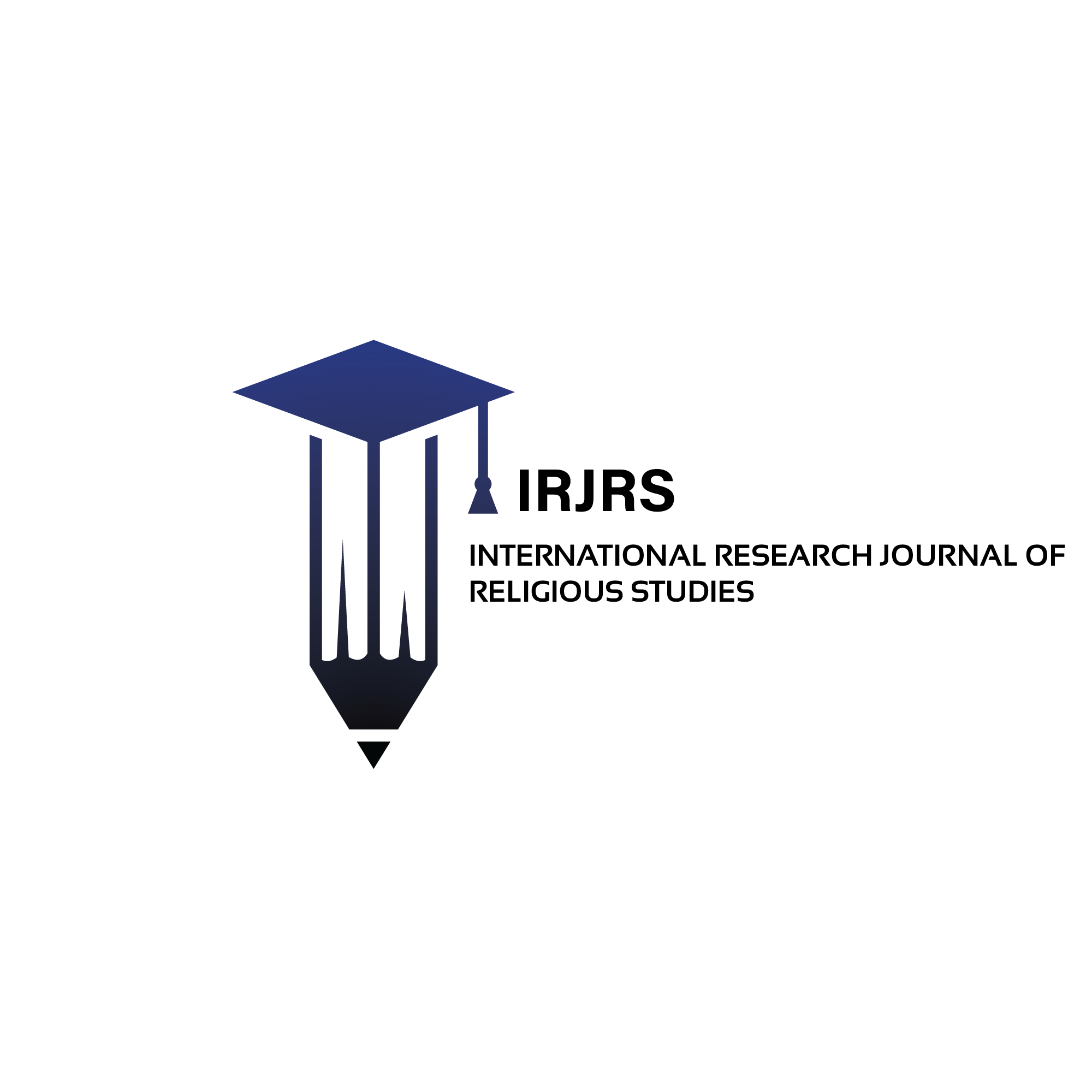AN EXAMINATION OF THE IMPACT OF JUDAISM ON INTERNATIONAL TRADE IN THE LIGHT OF ISLAMIC TEACHINGS
Keywords:
Judaism, Islamic Commercial, International Trade, Globalizing, economic, 'halal' and 'haram'.Abstract
Jewish principles and practices related to trade are examined, as well as their impact on the international level due to the contemporary practice of Jewish trade regulations. A comparison of Jewish commercial principles with Islamic commercial regulations is presented, considering historical context, religious texts, and modern manifestations of Jewish-influenced commercial practices. Furthermore, it analyzes how Islamic teachings intersect with these practices, highlighting areas of convergence or divergence. In addition, this study explores the multifaceted relationship between Judaism and international trade—highlights, which is contextualized in the ethical framework of Islamic teachings. Drawing from historical records, religious scriptures, and contemporary economic practices, it examines the influence of Jewish principles on world trade. Furthermore, the analysis extends to explore the compatibility of these principles with Islamic jurisprudence on business ethics, including concepts such as 'halal' (permissible) and 'haram' (forbidden). By examining the impact of Judaism on international trade in light of Islamic teachings, this research aims to provide a nuanced understanding of the intersection between religious traditions in shaping economic attitudes and promoting interfaith dialogue on trade practices in a globalizing world. Judaism on international trade through the lens of Islamic teachings, this research aims to contribute to a deeper understanding of the interplay between religious ethics and economic behavior.







